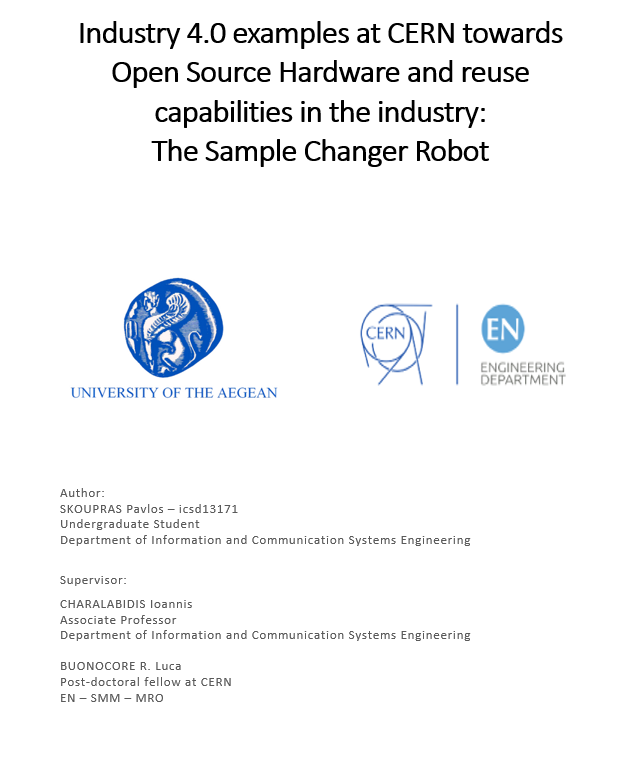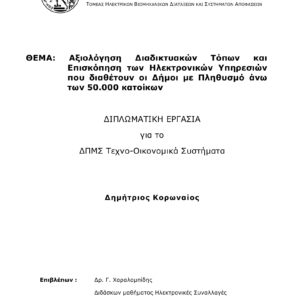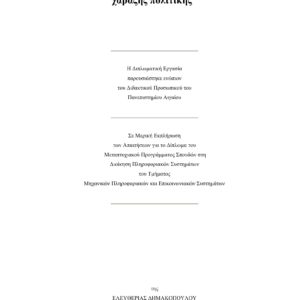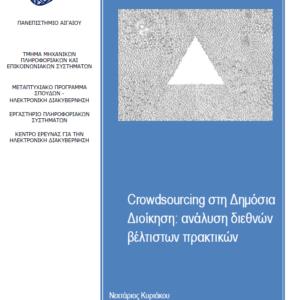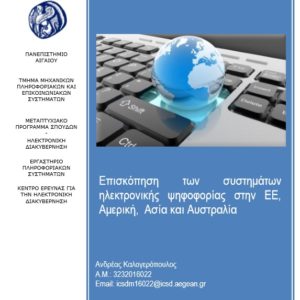The coordination currently in place within CERN, foresees the operation of different departments divided into several groups, with the aim of separating them from each other according to their expertise, as well as cooperating and mutual support between them where necessary.
The projects carried out by each department in the field of engineering are not solely concerned with carrying out an experiment that relates exclusively to the core activities of the Organization, but in many cases undertakes duties related to either individual R&D issues or supporting tasks, and interventions aimed at contributing to the normal and continuously operation. Based on these activities the unit of Occupational Health & Safety and Environmental Protection (HSE) and specifically the Radiation Protection Group (HSE-RP) performs the procedure of spectrometer analysis in radioactive disk samples, with the purpose of extracting valuable information and results related to the materials behavior in radioactive conditions, since radioactivity exist in specific places into the various experiments carried out.
This process, produce particularly useful data and results, but at the same time, it consumes a large amount of time on a daily basis and exposes the operators of the measurement and analysis into contact with radioactive materials, which could be avoided as this process is a repetitive and fixed process without significant variations, so it is a type of work that usually characterized by a functionality offered for automation and can even be greatly improved through it.
For the above reasons the Radiation Protection Group (HSE-RP) in cooperation with the Engineering Department (EN) and in particular with the Robotics division (EN-SMM-MRO) decided to proceed with the design and development of a novel robotic system to automate the process of spectroscopy analysis and measurement, so that it does not require the operator to spend time performing the process and minimize the contact of personnel with radioactive samples while improving the overall measurement process as automation offers greater accuracy and less chance of errors by using the robotic system application.
The idea of implementing the system is based on a prototype construction that will be use a robotic arm and a transfer rail, to receive the samples for measurement and drive them in a specific order to and from the measuring sensor, while taking into account the necessary measurement time with the accurate limits and intervals for valid analysis, based on a dedicated database that contains the samples information and an online website from which the operator can view and configure the measurement process remotely as well as get updates about the progress of the measurement with the ability to select recovery options in case of a problem. By using this system the overall process can be greatly improved as the robot can continuously and uninterruptedly work around the clock by executing the application’s commands until all samples have been measured, without pause or delay as the system works autonomously and without the need for any supervision or direction by a natural person, avoiding furthermore, any potentially incorrect sampling as the system faithfully follows the measurement list it has formulated initially by the responsible person.
Finally, besides the basic system on which the work is technically focused, emphasis is also given to the general description and analysis of systems as well as methods of creating and promoting corresponding applications within the tasks of the Organization, with the aim of redesigning processes to optimize them, by using technologies and methodologies that include state-of-the-art technological innovations that can be transferred or already transferred to industry and society in the general frame of industry 4.0
